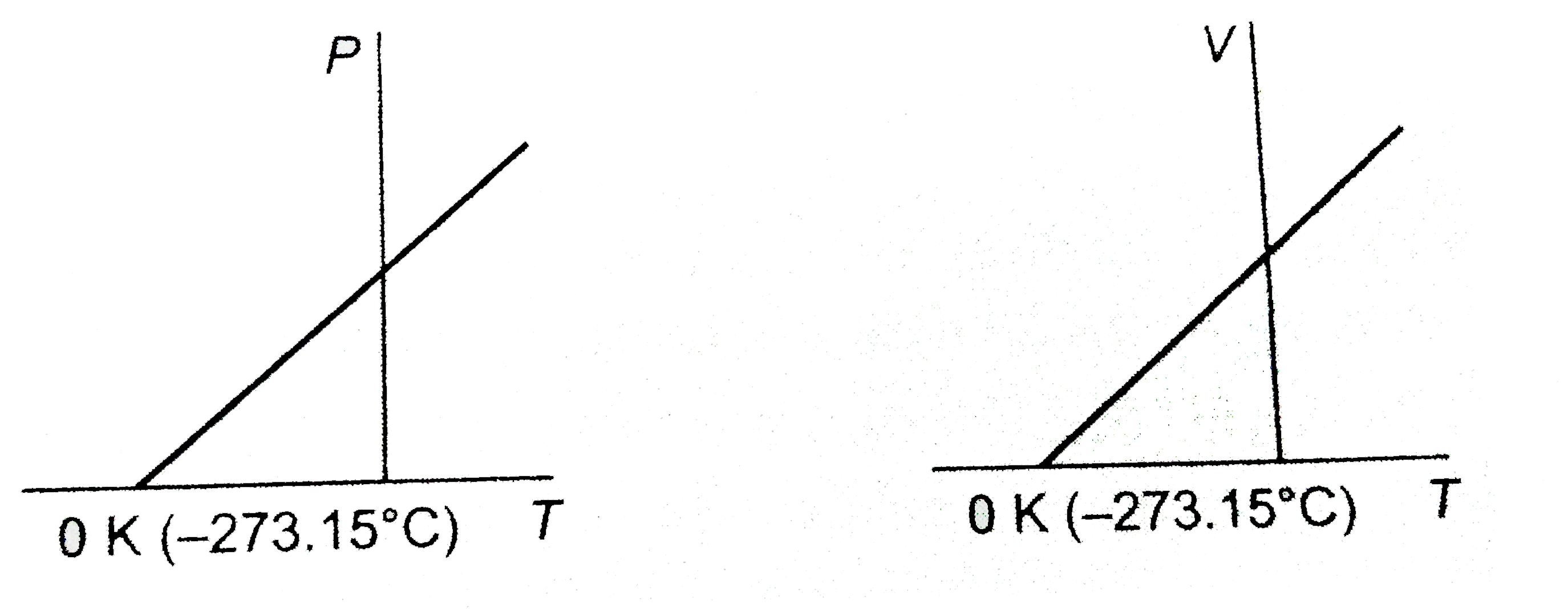What is an ideal gas?
Step-by-Step Solution:
1. Definition of Ideal Gas: An ideal gas is a theoretical gas composed of many particles that are in constant random motion. It follows the ideal gas law, which relates pressure, volume, temperature, and the number of moles of the gas.
2. Ideal Gas Law: The behavior of an ideal gas is described by the ideal gas law, which is given by the equation:
PV=nRT
where:
- P = Pressure of the gas
- V = Volume of the gas
- n = Number of moles of the gas
- R = Ideal gas constant
- T = Temperature of the gas (in Kelvin)
3. Characteristics of Ideal Gas:
- Negligible Size of Molecules: The molecules of an ideal gas are considered to have negligible size, meaning their volume is so small compared to the volume of the container that it can be ignored.
- Kinetic Energy: The average kinetic energy of the gas molecules depends only on the temperature of the gas. This means that at a given temperature, all ideal gas molecules have the same average kinetic energy.
4. Conclusion: In summary, an ideal gas is a hypothetical gas that perfectly follows the ideal gas law under all conditions of temperature and pressure, with molecules that have negligible size and whose kinetic energy is solely dependent on temperature.
PV=nRT
where:
- P = Pressure of the gas
- V = Volume of the gas
- n = Number of moles of the gas
- R = Ideal gas constant
- T = Temperature of the gas (in Kelvin)
- Negligible Size of Molecules: The molecules of an ideal gas are considered to have negligible size, meaning their volume is so small compared to the volume of the container that it can be ignored.
- Kinetic Energy: The average kinetic energy of the gas molecules depends only on the temperature of the gas. This means that at a given temperature, all ideal gas molecules have the same average kinetic energy.
Topper's Solved these Questions
Similar Questions
What is an ideal (or perfect) gas ? Under what condition of pressure and temperature can a gas be assumed as an ideal gas ? Determine the gas constant for one gram molecule of a gas.
View SolutionA gas behaves as an ideal gas at
View SolutionIf E is the energy density in an ideal gas, then the pressure of the ideal gas is
View SolutionWhat is the equation of state of an ideal gas ? Why is it so called ?
View SolutionWhat conclusion would you draw from the following graphs for an ideal gas?

View SolutionStatement-1: A real gas behaves as an ideal gas at high temperature and low pressure .
Statement-2: Liquid state of an ideal gas is impossible.
View SolutionWhich is not true in case of an ideal gas?
View SolutionVan der Waals real gas acts an ideal gas at which conditions?
View SolutionA closed box contains an ideal gas if temperature of gas increased which
View SolutionFor an ideal gas :
View Solution